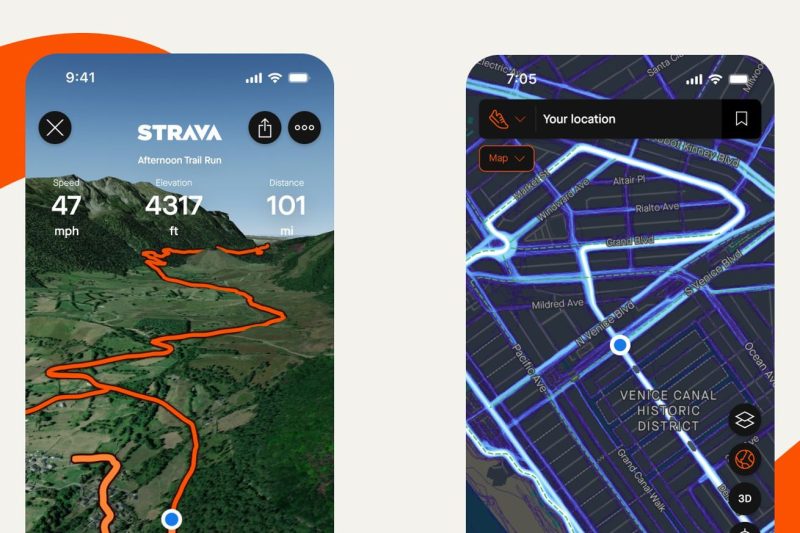Strava Closes the Gates to Sharing Fitness Data with Other Apps
The decision by Strava to limit the sharing of fitness data with other apps has sent shockwaves through the fitness tracking community. This move will impact millions of users who rely on the platform to track their workouts and connect with friends and other fitness enthusiasts.
One of the key attractions of Strava has been its ability to seamlessly integrate with other fitness apps and devices, allowing users to consolidate their data and gain a comprehensive view of their fitness progress. By restricting access to this data, Strava is effectively cutting off a vital link in the fitness tracking ecosystem.
This decision raises questions about data privacy and security. While Strava claims that the move is aimed at protecting user data, some users are concerned about the implications of this decision. By limiting the sharing of data, Strava is effectively locking users into its ecosystem, making it difficult for them to switch to other platforms in the future.
The decision also has implications for third-party developers who have built apps and services that rely on Strava’s data. These developers will now have to find alternative sources of data or risk losing access to vital information that is crucial for the functioning of their apps.
Furthermore, the move by Strava could have a significant impact on the fitness tracking industry as a whole. By restricting the sharing of data, Strava is effectively limiting the ability of users to track their progress and connect with others in the fitness community. This could lead to a decline in user engagement and ultimately, a loss of users for the platform.
In conclusion, the decision by Strava to limit the sharing of fitness data with other apps marks a significant shift in the fitness tracking landscape. While the move may have been motivated by concerns about data privacy and security, it raises questions about the future of the platform and its impact on the wider fitness tracking industry. Users will now have to adapt to this new reality and find alternative ways to track their fitness progress and connect with others in the fitness community. Only time will tell how this decision will ultimately shape the future of fitness tracking.
